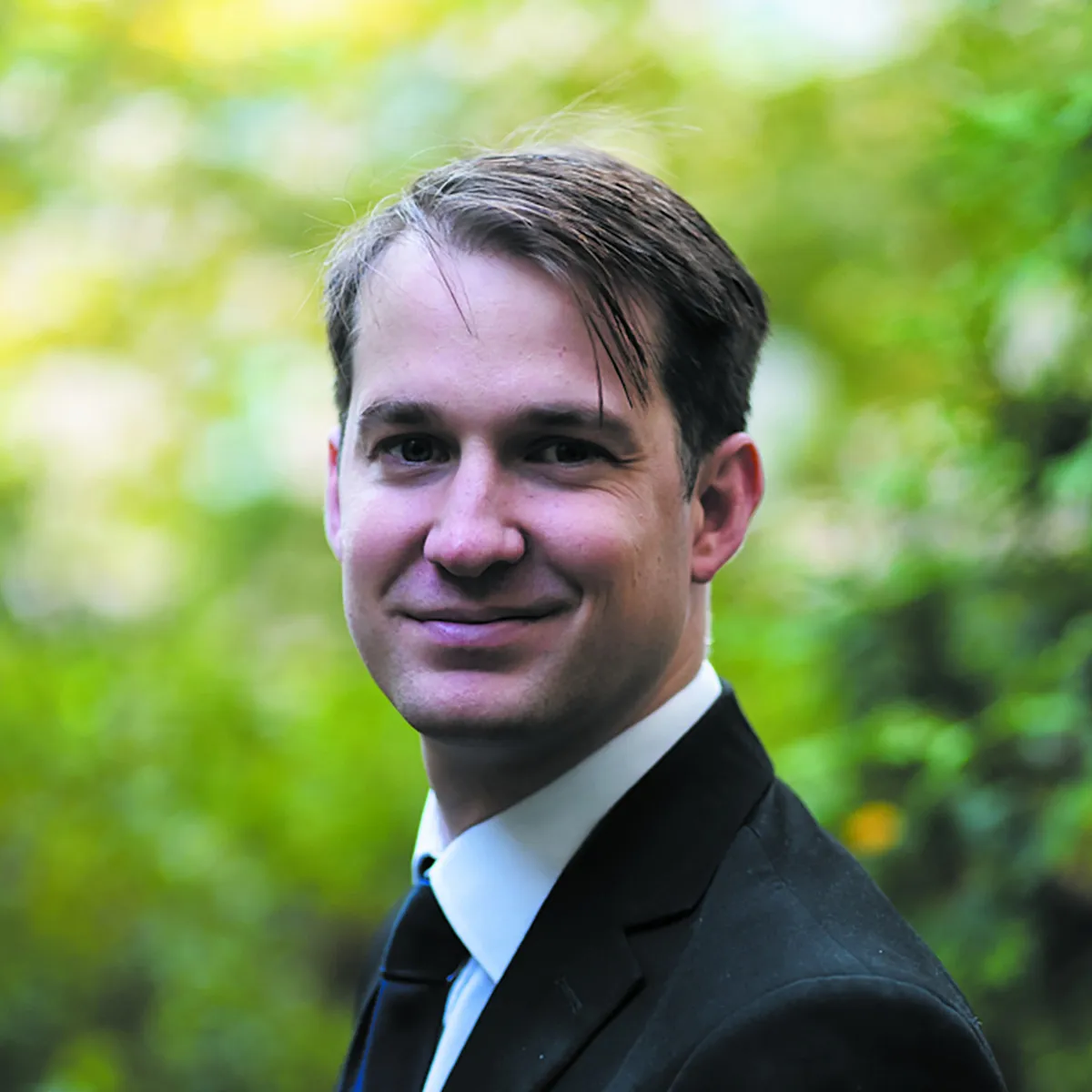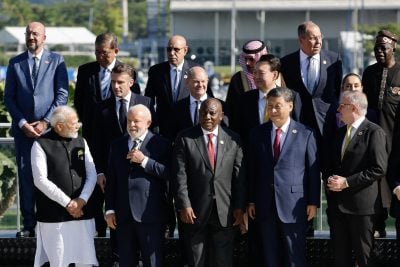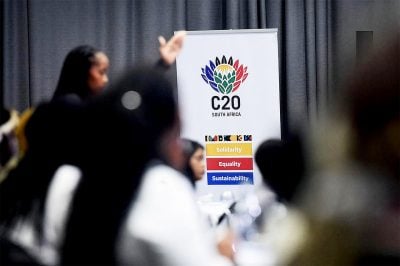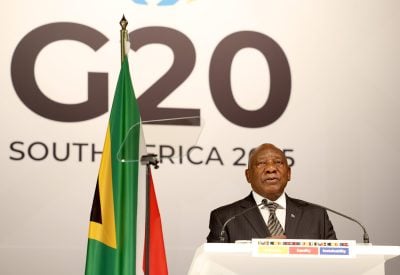Russian President Vladimir Putin will not attend August’s BRICS summit in South Africa, according to the host nation government, bringing an end to a months-long diplomatic imbroglio.
In a statement, the South African government confirmed that “by mutual agreement”, Putin will not attend the Summit but the Russian Federation will be represented by the Russian foreign minister, Sergey Lavrov.
As a signatory to the founding statute of the International Criminal Court, it was widely assumed that South Africa would be obliged to arrest Putin if he arrived in Johannesburg for the summit, which the government confirmed will be attended by all the other leaders of the BRICS nations: Brazil, India, China and South Africa.
Putin is wanted by the ICC on war crimes charges, specifically the alleged unlawful deportation and transfer of Ukrainian children to Russia.
The issue of Putin’s potential attendance had become a months-long source of significant diplomatic embarrassment to South African President Cyril Ramaphosa, who has vacillated in recent months on whether Putin would be welcome.
Only on Tuesday, Ramaphosa argued in a legal affidavit that arresting Putin would be tantamount to declaring war on Russia.
“South Africa has obvious problems with executing a request to arrest and surrender President Putin… Russia has made it clear that arresting its sitting president would be a declaration of war. It would be inconsistent with our constitution to risk engaging in war with Russia.”
The affidavit was published as a result of court action by the opposition Democratic Alliance, which was brought to force the government to arrest Putin if he travelled.
Diplomatic tightrope
Since Russia’s invasion of Ukraine, South Africa has struggled to walk a diplomatic tightrope between its friendship with Russia, which dates back to the Soviet Union’s backing for the anti-apartheid struggle, and the anger of Western partners at Pretoria’s alleged indifference to Russia’s conduct in Ukraine.
While South Africa has claimed it is a neutral party in the war, the South African government has abstained on UN resolutions critical of Russia. In February, Pretoria hosted joint naval exercises with Russia and China, and in May, the US ambassador to South Africa Reuben Brigety sensationally accused South Africa of secretly supplying arms to Russia from a naval base.
Since the explosive allegations, which South Africa denies, Ramaphosa has sought to counter the impression that South Africa is pro-Russia. In June, Ramaphosa took a prominent role in an African peace delegation to Ukraine and Russia, which visited the site of war crimes in the former.
In a tense meeting in St Petersburg, Ramaphosa told Putin that the war must end, while the African delegation called for the return of Ukrainian children to their families.
Noticeably ruffled, Putin interrupted the delegation to claim that Russia is in fact protecting children.
Related articles
Want to continue reading? Subscribe today.
You've read all your free articles for this month! Subscribe now to enjoy full access to our content.
Digital Monthly
£8.00 / month
Receive full unlimited access to our articles, opinions, podcasts and more.
Digital Yearly
£70.00 / year
Our best value offer - save £26 and gain access to all of our digital content for an entire year!

 Sign in with Google
Sign in with Google 



